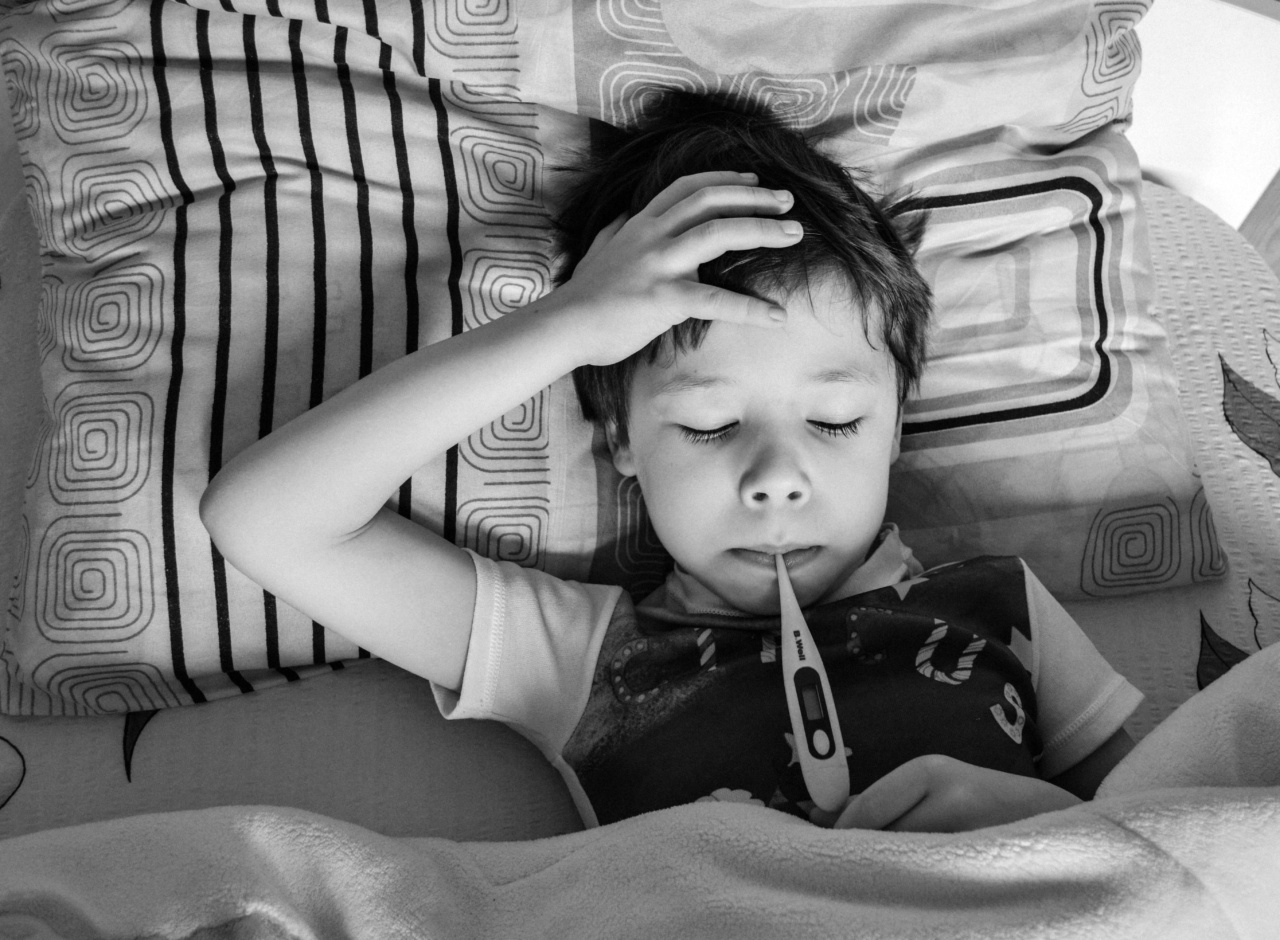Koroneovirus, also known as coronavirus, has been identified as a major global health concern. The virus has rapidly spread across different regions, causing significant morbidity and mortality.
Understanding the factors that contribute to increased vulnerability to Koroneovirus infection is crucial for preventing its transmission and developing effective strategies for combating the disease.
What is Insufficient Sleep?
Insufficient sleep, also known as sleep deprivation, is a condition characterized by not getting enough sleep to meet the body’s needs.
The amount of sleep required varies from person to person, but most adults need between seven and nine hours of sleep per night to function optimally. However, various factors can contribute to an individual experiencing inadequate sleep, including work-related stress, lifestyle choices, medical conditions, and environmental factors.
The Link Between Insufficient Sleep and Vulnerability to Infections
Research has shown that sleep plays a critical role in maintaining a robust immune system. During sleep, the body undergoes various restorative processes, including the production and release of immune cells that protect against infections.
However, when individuals consistently do not obtain enough sleep, their immune system’s ability to function optimally becomes compromised, making them more susceptible to infections.
Impact of Insufficient Sleep on the Immune System
Insufficient sleep has been found to disrupt the normal functioning of the immune system in several ways. One of the key components affected is the production of cytokines, which are proteins involved in coordinating immune responses.
Without sufficient sleep, the production of these cytokines diminishes, reducing the body’s ability to mount an effective immune response against invading pathogens, such as the Koroneovirus.
Increased Inflammatory Response
Sleep deprivation has also been associated with an increased inflammatory response in the body. Inflammation is a vital mechanism that helps the immune system fight infections.
However, when inflammation becomes chronic or excessive, it can lead to tissue damage and contribute to the severity of infections. Insufficient sleep has been found to promote a pro-inflammatory state in the body, increasing the vulnerability to Koroneovirus infection.
Disruption of Circadian Rhythm
The circadian rhythm is an internal biological clock that regulates various physiological processes, including sleep-wake cycles. Disrupting the circadian rhythm by not obtaining adequate sleep can have profound effects on the immune system.
Studies have shown that individuals with disrupted circadian rhythms have weakened immune responses, making them more susceptible to infections, including viral infections like the Koroneovirus.
Impaired Vaccine Response
Vaccines play a crucial role in protecting individuals from infectious diseases. However, insufficient sleep has been shown to impair the body’s ability to mount an effective immune response to vaccines.
Research has demonstrated that individuals who experience inadequate sleep have a reduced vaccine effectiveness, leaving them more vulnerable to infections, including Koroneovirus.
Psychological Impact of Insufficient Sleep
Insufficient sleep not only affects the physical health but also has significant psychological impacts. Sleep deprivation is associated with increased levels of stress, anxiety, and depression, all of which can negatively affect the immune system.
Chronic psychological stress weakens the immune response, contributing to increased vulnerability to infections like Koroneovirus.
Effects of Insufficient Sleep on Personal Hygiene
Sleep deprivation can also impact personal hygiene practices, which are critical in preventing the spread of infectious diseases.
When individuals are sleep-deprived, they may be more likely to neglect or forget essential hygiene habits such as handwashing, which can increase the risk of viral transmission.
Insufficient Sleep and Workplace Productivity
The consequences of insufficient sleep extend beyond individual health. Sleep deprivation can significantly impair workplace productivity and cognitive function.
Reduced alertness and concentration levels resulting from inadequate sleep can increase the likelihood of errors and accidents, potentially compromising overall workplace safety and contributing to the spread of Koroneovirus.
Strategies to Improve Sleep Quality
To reduce vulnerability to Koroneovirus infection and enhance overall health, it is crucial to prioritize sufficient and quality sleep.
Some strategies to improve sleep quality include maintaining a regular sleep schedule, creating a conducive sleep environment, managing stress, avoiding stimulants before bedtime, and practicing relaxation techniques.
Conclusion
Insufficient sleep has a significant impact on the body’s immune system and increases vulnerability to infections such as Koroneovirus. Adequate and quality sleep is essential for maintaining a robust immune system and overall well-being.
By recognizing the link between insufficient sleep and vulnerability to diseases, individuals can take steps to prioritize sleep and reduce the risk of infections.































